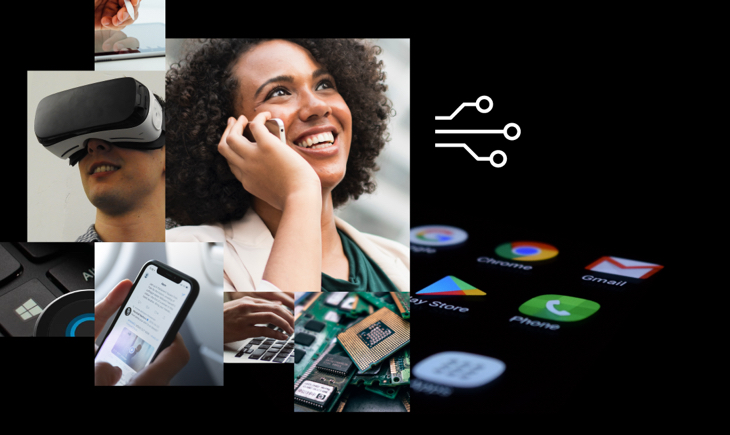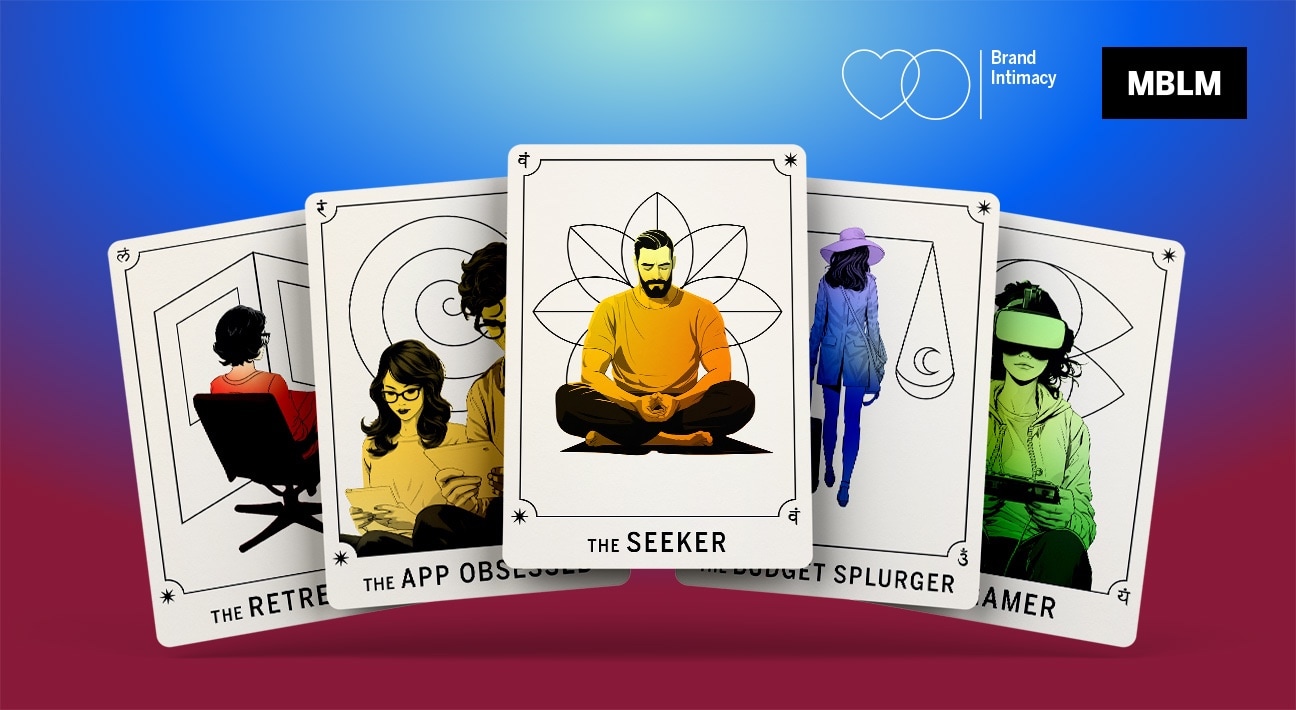Apple Remained the Undisputed Champion of the Technology & Telecommunications Industry in MBLM’s Brand Intimacy 2018 Report

Apple remained the undisputed champion, ranking first both in technology & telecommunications as well as overall in the U.S., Mexico and UAE, according to MBLM’s Brand Intimacy 2018 Report, which is the largest study of brands based on emotions. In the U.S., Google and Samsung rounded out the top three in the industry, which placed fourth out of the 15 analyzed. The remaining brands in the Top 10 for the technology & telecommunications industry were: Verizon, LG, Microsoft, Intel, Dell, HP and Sony.
Brand Intimacy is defined as a new paradigm that leverages and strengthens the emotional bonds between a person and a brand. For the third year, MBLM’s study revealed that top intimate brands in the U.S. surpassed the top brands in the Fortune 500 and S&P indices in revenue and profit over the past 10 years.
“Apple continues to build powerful bonds with its users, and these bonds have gotten stronger each year of our study,” stated Mario Natarelli, managing partner at MBLM. “Apple has made itself indispensable to many users around the world and an essential part of their lives. As a dominant intimate brand, it will be exciting to see what other areas Apple expands into and how other technology brands try to close the gap.”
Other significant technology & telecommunications findings in MBLM’s Brand Intimacy 2018 Report include:
- Technology & telecommunications had an average Brand Intimacy Quotient of 40.1, which is well above the industry average of 27.1
- Enhancement, the archetype associated with becoming better through use of the brand, was the most prominent in the category, and Google was the top-performing brand for enhancement
- Apple ranked #1 for both men and women as well as for millennials
- Google was the preferred brand for those with annual incomes were above $150,000 and was also the #1 brand for daily use
- Google improved its Brand Intimacy Quotient from the previous year, whereas HP and Samsung declined in this year’s rankings
MBLM also released a detailed article examining Apple’s success, “Analyzing the undisputed champion of Brand Intimacy.” In the article, MBLM discusses its key findings on Apple including that it led the technology & telecommunications industry by more than 20 points in each of the three countries studied. It was the #1 brand for its percentage of users in the most advanced stage of Brand Intimacy, fusing, which describes a relationship where a person and brand are inexorably linked and co-identified. Each year, Apple has increased its dominance over the second most intimate brand. Apple is also known for its high-quality products, history of innovation, easy-to-use and accessible technology and marketing. It has a curated ecosystem of devices, software and services and benefits from the Smartphone Ecosystem, which is made up of device manufacturers like Apple, content services such as Netflix, service providers such as Verizon and apps such as Facebook. MBLM believes that Apple will continue to make incremental improvements to its current technologies but also has an opportunity to focus on emerging trends as avenues for innovation.
In addition to the release of the findings and article, MBLM also hosted a webinar entitled “How Brands Are Winning with Emotion in the Tech & Telecom Industry.” A recording of the webinar can be found here. To view the technology & telecommunications industry findings, please click here. The full Brand Intimacy 2018 Report and the Ranking Tool can be found here.
This year’s report contains the most comprehensive rankings of brands based on emotion, analyzing the responses of 6,000 consumers and 54,000 brand evaluations across 15 industries in the U.S., Mexico and UAE. MBLM’s reports and interactive Brand Ranking Tool showcase the performance of almost 400 brands, revealing the characteristics and intensity of the consumer bonds.
Methodology
During 2017, MBLM conducted an online quantitative survey among 6,000 consumers in the United States (3,000), Mexico (2,000), and the United Arab Emirates (1,000). Participants were respondents who were screened for age (i.e. 18 to 64 years of age) and annual household income ($35,000 or more) in the U.S. and socioeconomic levels in Mexico and the UAE (A, B, and C socioeconomic levels). Quotas were established to ensure that the sample mirrored census data for age, gender, income/socioeconomic level, and region. The survey was designed primarily to understand the extent to which consumers have relationships with brands and the strength of those relationships, from fairly detached to highly intimate. It is important to note that this study provides more than a mere ranking of brand performance and was specifically designed to provide prescriptive guidance to marketers. We modeled data from a total of 54,000 brand evaluations to quantify the mechanisms that drive intimacy. Through factor analysis, structural equation modeling, and other sophisticated analytic techniques, the research allows marketers to better understand which levers need to be pulled to build intimacy between brands and consumers.

